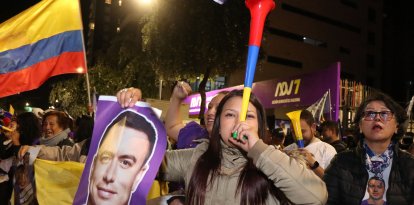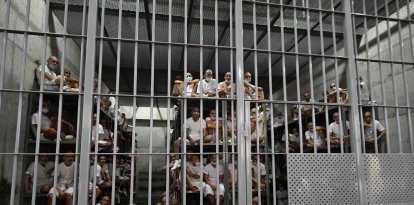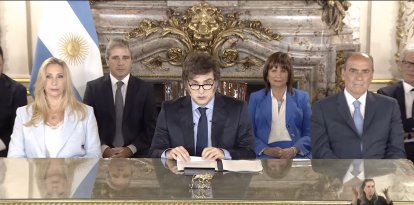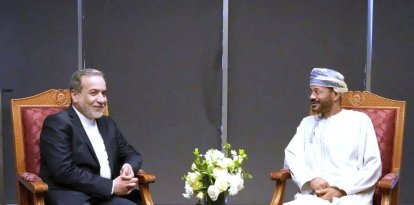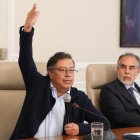Colombian Vice President says she ‘fears for her life’ after disagreements with Petro's government
Francia Marquez stated that both she and her family have received threats for denouncing "corruption."
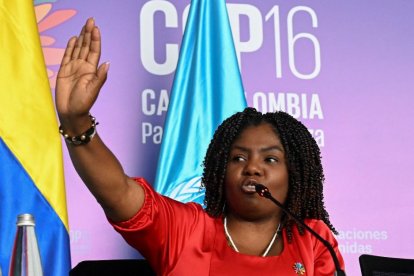
Colombian Vice President Francia Marquez
Colombian Vice President Francia Marquez issued a forceful statement in which she assured that her life is in danger after denouncing corruption and pointing out irregularities within the government of President Gustavo Petro.
In a letter published this Thursday, Marquez made clear her disagreement with certain dynamics within the Executive and defended her role as an official who does not remain silent in the face of what she considers deviations in the country's administration. "Loyalty is not to remain silent, loyalty is to warn when the course deviates from the path, from the people," she affirmed, underlining her commitment to social justice.
In her message, the minister emphasized that her work has been a challenge from the beginning, since the lack of tools has hindered the progress of her administration. Even so, she highlighted the achievements, such as the implementation of 24 programs focused on closing inequality gaps and the attention given to more than 19,000 women through the 155 Salvia line. However, she suggested that her continuity could be at risk due to the political consequences of her critical stance.
Threats and political pressures
The most alarming point of her message was her denunciation that, due to her pointing out corruption, she has been target of threats. "Today, my life is in danger. Denouncing corruption and pointing out what is wrong has consequences. They have not attacked me with arguments, but with threats against my life and that of my family. Even so, they will not silence me," she said. In addition, she warned about attempts to link her to scandals or political maneuvers that seek to damage her image and stop the promises of change that she supported during the presidential campaign.
Márquez quoted Simón Bolívar to highlight the challenges faced when yielding to external pressures: "It costs more to maintain the balance of freedom than to bear the weight of tyranny, and when the government yields to the blackmail of those who whisper in the shadows, it is the whole country who ends up paying the price."
Marquez's statements mark a point of tension within the Petro government, evidencing internal differences and generating uncertainty about the stability of the administration and the security of the official. However, she reiterated that her commitment to Colombia remains firm, regardless of her tenure in office.
RECOMMENDATION




